We talk a lot about food waste at Imperfect, but there is another problem with our food system that also needs attention: food deserts.
What is a food desert?
A food desert is an area with no grocery stores nearby, and they’re shockingly widespread. They’re also one of the most glaring examples of how low-income Americans are systematically denied access to basic human rights like healthy food. Due to COVID-19, food access issues increase as public transportation becomes more limited and risky and stores cut back on hours.
How do race and food deserts intersect?
Food deserts are a prime example of how food justice and racial justice interconnect. According to the New York Law School Racial Justice Project, 23.5 million people in the U.S. live in low-income neighborhoods located more than one mile from a supermarket. Black communities are half as likely to have access to chain supermarkets and Latinx communities are a third less likely.
Since food deserts are more common in Black neighborhoods, they’re an often overlooked form of environmental racism. They’re also a significant factor behind why Black communities have disproportionately high rates of heart disease, cancer, diabetes, and strokes.
Food deserts aren’t a natural part of our landscape the way sandy and cactus-covered deserts are. They’re a direct consequence of how people design and invest in cities. This is why many people, like Olympia Auset of SÜPRMARKT, are embracing the term “food apartheid” as more accurate. Simply put, food deserts aren’t an accident – they’re a reflection of who and what our society prioritizes. To eradicate them, communities need to prioritize Black health and Black lives by ensuring nutritious food for everyone. Efforts must not only address the lack of healthy food options within a community, but the underlying causes for disparities.
Who‘s taking on food deserts?
Nonprofit organizations like Kanbe’s Markets in Kansas City and SÜPRMARKT in Los Angeles are working to end food deserts by creating oases of healthy groceries in areas that need it the most.
Others, like Soul Fire Farm in New York, the Ron Finley Project in Los Angeles, and Appetite for Change in Minneapolis, focus on empowering neighborhoods to grow their own food in community gardens.
Another approach to eradicating food deserts is to bring fresh food directly to the community instead of forcing people to travel long distances. Grocery delivery services like Imperfect can play a role in eliminating food deserts by democratizing access to nutritious groceries. Healthy food is often more expensive in food deserts. That’s why we’re proud to offer our Reduced Cost Box program to customers who qualify for SNAP benefits.
Where can I learn more?
- Listen to our interview with Olympia Auset, founder of SÜPRMARKT on our podcast.
- Read the “Food Apartheid: The Root of the Problem with America’s Groceries” in the Guardian.
- Check out this interview with Leah Penniman of Soul Fire Farm. Read about how Black-led agriculture is an essential part of the food justice movement.
- Get in touch with one of our donation partners. Learn how you can work to help end hunger and support food accessibility in your community.
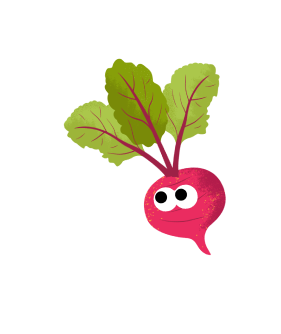
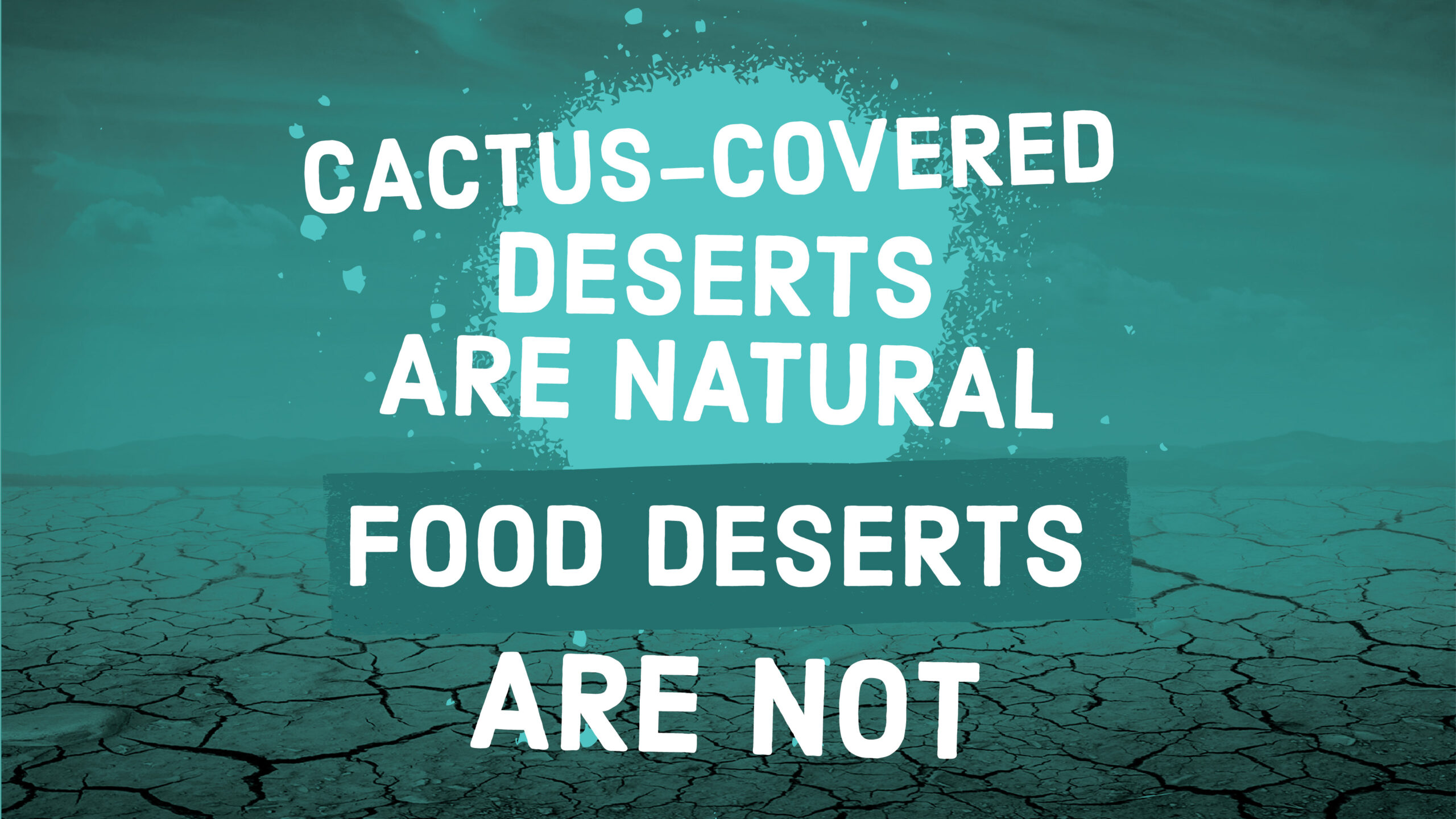


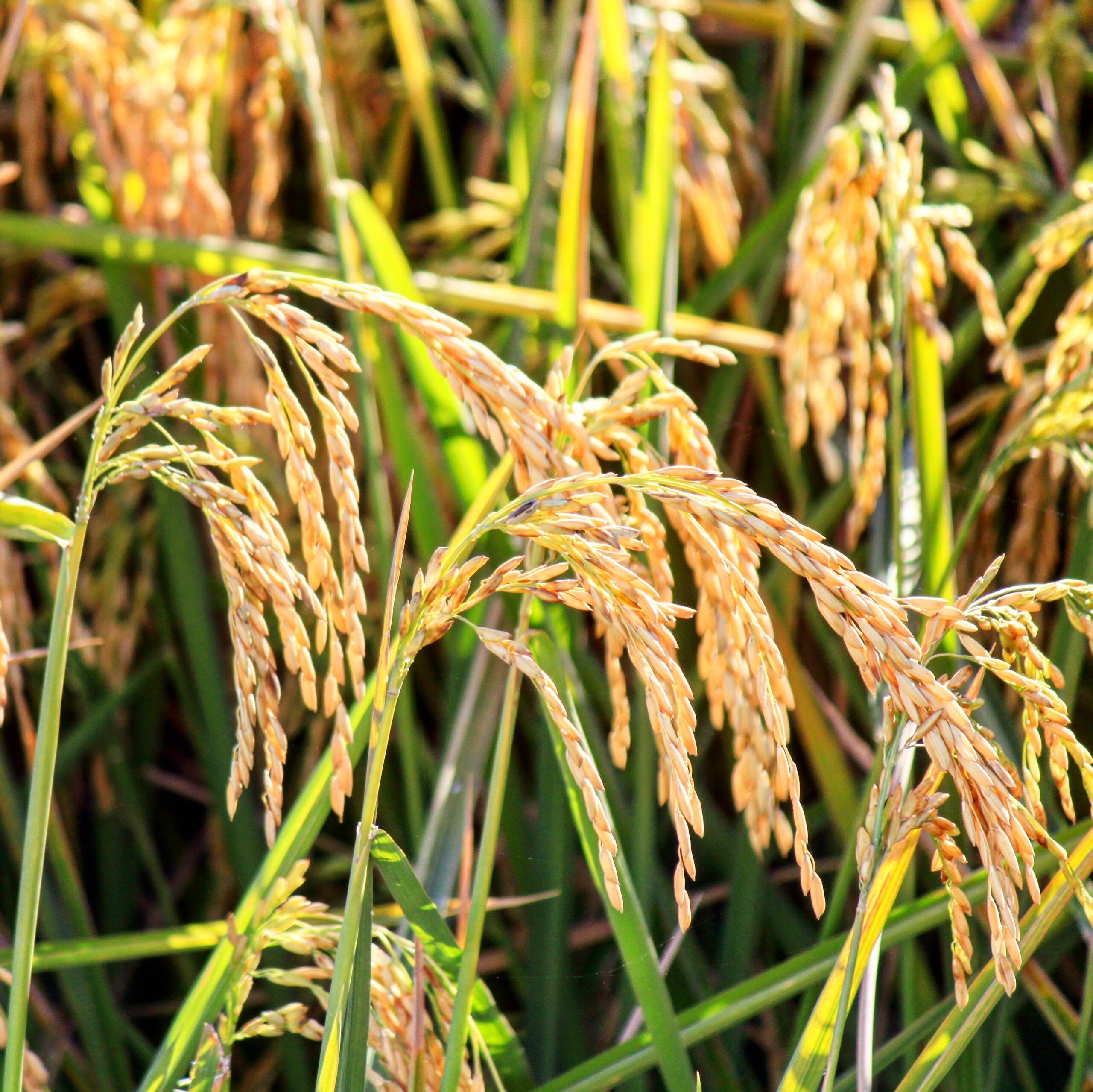
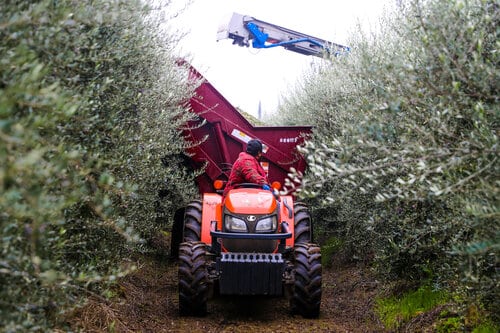
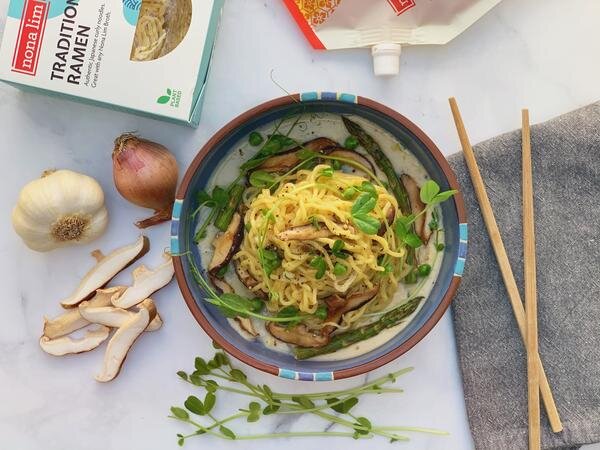
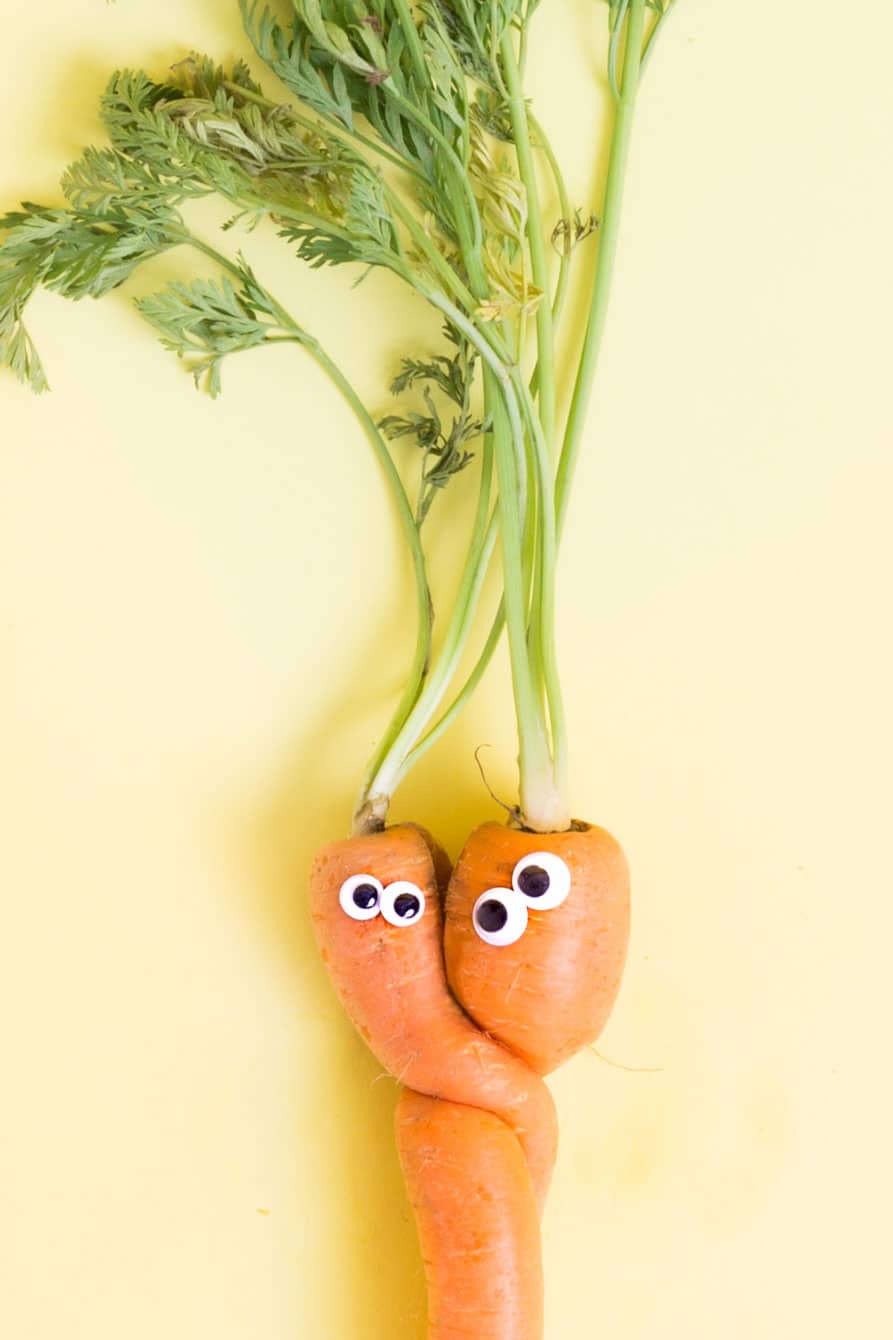
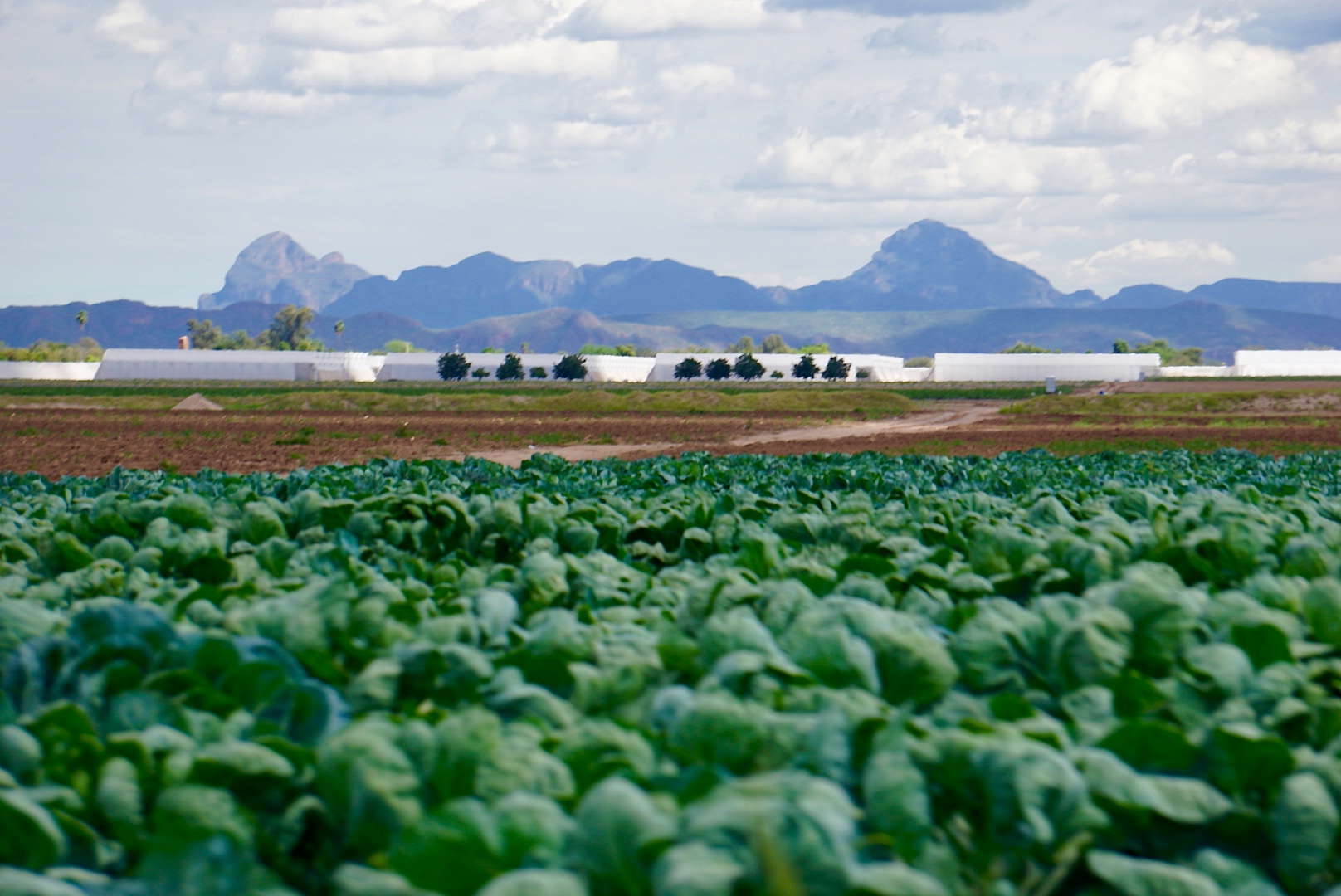

After reading this article, I am wondering if Imperfect Foods have ever considered a grocery store in a food desert area featuring imperfect products. Sounds like that might be one m ore answer to this dilemma. Plus, it would provide jobs. Maybe Ron Finley would have some ideas on this? Thank you so much for all that you do (I am a satisfied Imperfect customer).
This is wonderful! Thank you for everything you do!
I think having an imperfect store in underserved neighborhoods is a great idea. The store could offer ideas and even have samples of cooked and uncooked food to try. Classes could be offered. They will have to be taught how to eat more healthily!
So eye-opening. I never even thought about this, but you’re absolutely right! How can we get the word out to those communities?
Who wrote this article?
Our team did!
It is an excellent article and a reminder to what I knew but forgot. I’m sharing this article. Everyone deserves easy access to wholesome food. ❤